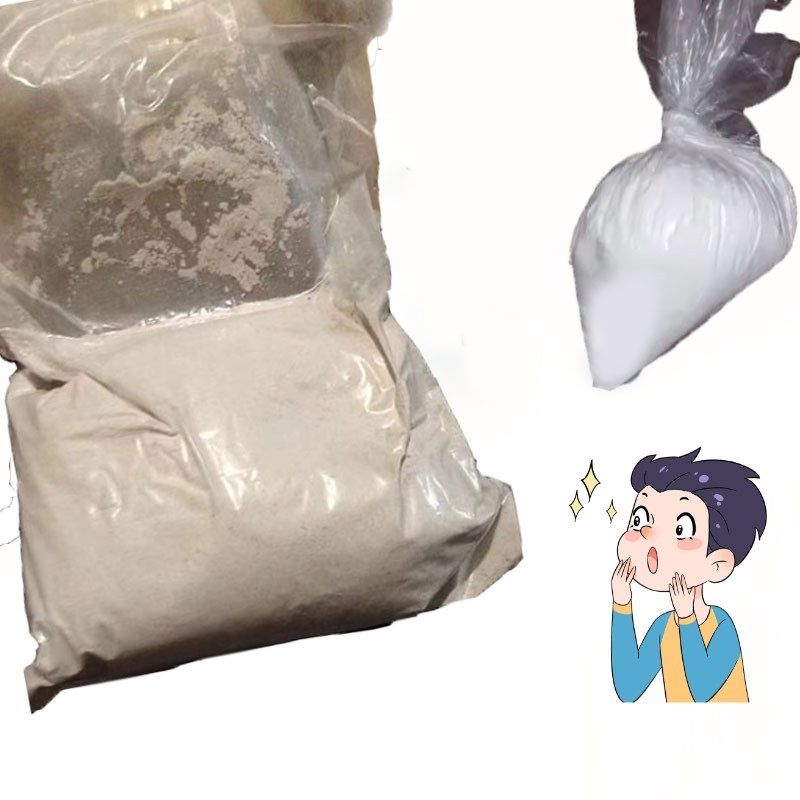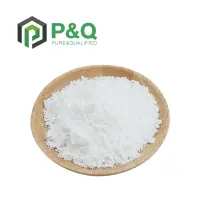-
Categories
-
Pharmaceutical Intermediates
-
Active Pharmaceutical Ingredients
-
Food Additives
- Industrial Coatings
- Agrochemicals
- Dyes and Pigments
- Surfactant
- Flavors and Fragrances
- Chemical Reagents
- Catalyst and Auxiliary
- Natural Products
- Inorganic Chemistry
-
Organic Chemistry
-
Biochemical Engineering
- Analytical Chemistry
- Cosmetic Ingredient
-
Pharmaceutical Intermediates
Promotion
ECHEMI Mall
Wholesale
Weekly Price
Exhibition
News
-
Trade Service
Chronic inflammation is a feature of many neurodegenerative diseases and is associated with age-dependent cognitive decline.
signs of systemic inflammation are elevated in individuals with reduced cognitive abilities and are speculated to help increase the risk of developing dementia.
cell aging is a state characterized by irreversible cell cycle stagnation, which can be caused by a variety of stress factors, including telomere dysfunction, oxidative stress and inflammation.
is accompanied by a series of esoplasm changes driven by multiple signaling path paths and maintained by a complex network of self- and side-secretion enhancements.
aging is characterized by the secretion of inflammatory cytokines, coenzymes and substring proteases, commonly known as aging-related secretion esophritis (SASP), many of which are regulated by NF-B.
chronic induction of SASP is thought to be the cause of age-related pathological and age-related diseases during aging, including neurodegenerative diseases such as Alzheimer's disease (AD) and Parkinson's disease (PD).
As a result, studies have shown that aging cells in the brain increase during aging and neurodegenerative diseases, and that by removing aging cells, the espics of mouse models of PD, AD, and tau-dependent neurodegenerative diseases can be improved.
, however, so far, the mechanisms that drive brain cell aging in the body have not been clarified.
recently, researchers at Aging Cell used a mouse model that gene-enhanced NF-B activity (nf-b1-/-) to study the effects of inflammation on cognitive decline.
mouse model was characterized by low-level chronic inflammation and premature aging.
researchers found that during aging, nfkb1-/- mice showed early memory loss, accompanied by increased nerve inflammation and an increased frequency of aging cells in the hema and the small brain.
measurements outside the body of the mice nfkb1-/- mice also showed defects in gamma frequency oscillation, which can signal a decline in memory capacity.
importantly, treatment with nonsteroidal anti-inflammatory drugs (NASID) ibuprofen reduces neuroinflamm and aging cell burden, significantly improving cognitive function and gamma frequency oscillations.
first used the forced alternating arm Y-maze test to assess short-term memory and spatial learning in mice.
in contrast to nfkb1-/- mice, wild mice showed a preference for exploring novel arms.
Treated with ibuprofen for 2 months, increasing the frequency of primary exploration of novel arms in nfkb1-/- mice, and significantly shortening the incubation period for novelty arm entry, a preference for novel arms expressed by a higher alternating index during the first 2 minutes of the test.
Nfkb1-/- showed a lower alternating index, while ibuprofen could save the situation.
to assess short- and long-term memory, the researchers also used the Barnes Labyrinth test, which measured spatial memory by training animals to find an escape box with the help of visual cues attached to surrounding walls.
found that young wild mice explored target holes (up to 25%) more frequently than nfkb1-/- mice.
treatment with ibuprofen for 2 months did not significantly change the search distribution.
, however, 8 months of ibuprofen therapy significantly improved short- and long-term memory at 18 months of age nfkb1-/-
barnes maze test allows researchers to analyze search strategies between groups in more detail.
There are three different search strategies available: (a) direct search (mice search directly for target or adjacent holes), (b) sequence search (mice search for at least 2 sequence holes before finding the target hole), and (c) hybrid search (mouse random search).
search strategy is generally a more serious indicator of cognitive impairment.
researchers found that at 18 months of age, 37 percent of nfkb1-/- mice used mixed/random search strategies in short-term memory tests, while 8 percent of wild mice were.
, after ibuprofen therapy, the proportion of nfkb1-/-mice using this search strategy decreased to 12.5%.
similar results in long-term memory tests.
data support the hypothesis that chronic inflammation is a pathogenic factor in the cognitive decline observed during aging.
.







